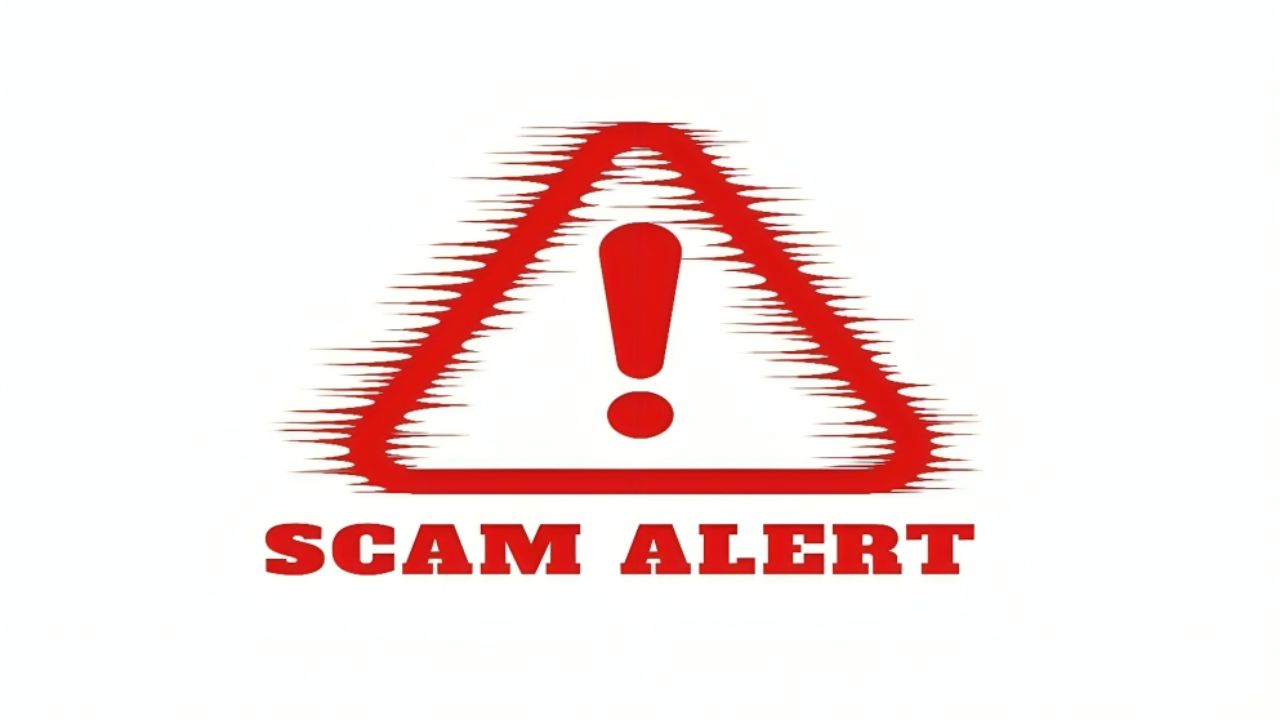AliExpress has been recognized worldwide as a number one e-commerce seller around the world. Here, you can find almost everything from that tiny cooking utensil to even million-worth equipment. But is shopping from AliExpress safe, or is there a risk of getting scammed, a threat that remains a mystery? So, why not solve it out?
In this comprehensive guide, we will delve into the intricacies of AliExpress scams, making you aware of the most common forms and tips to avoid them. So, what are you waiting for? Let’s begin exploring!

What is the AliExpress Scam?
AliExpress scams refer to multiple scenarios in which the seller is betraying you in one way or another. Multiple scams have been reported until now, besides the platform’s effort to keep the purchases under control and secure. Some scams might involve phishing, disappearing sellers, and even fake stores and sellers.
On the other hand, you might notice the delivered product is not the same as promised, off-platform payment requests, inconsistent product information, low-quality product images, return or refund policy issues, etc. In short, there’s no limit to the number of ways one can get scammed on AliExpress.
However, this isn’t something you need to worry about when you are well aware of these scams and have the right strategies to avoid them.
Common AliExpress Scams

In this section, we will explore the five most commonly faced AliExpress scams. Let’s have a look at them!
1. Refund Scam
These are supposed to be the most common scams. According to the policy, sellers might make a new PayPal transaction to refund you the money. However, when the buyer protection expires, or you close the dispute – falling into the trap – the sellers get the PayPal team to charge the money back by making false claims.
However, don’t fall for it whenever a seller tries to refund using a different payment method than the one used for initial payments. In view of PayPal, the money sent by the seller would be a payment, not a refund, so the seller can re-claim them under the cover of fake issues.
2. Ask to Close the Dispute
The dispute is the best thing you have in your favor when something wrong happens. But sellers might ask you to close it even before resolving it fully resolving it. They may tempt you by offering something extra in case you close the dispute on an immediate basis. They might affirm that you can reopen the dispute if needed.
This strategy is mainly to cover their reputation on the platform. If you fall for this scam, you won’t get anything in return; you won’t even hear from them again. And the worst part? You can’t reopen a dispute after closing it.
3. Phishing Scams
Have you ever got emails from AliExpress? Well, be aware, as this might be some phishing scams. Most scammers send fake emails on behalf of AliExpress, asking for payment or personal information. They might be in the form of account updates.
However, you should stay cautious of these emails. Ensure that you verify the email sources on an immediate basis and never provide any information to such unsolicited emails.
4. Wrong Tracking Number
Another common scam involves sending a fake tracking number. Once you place the order on AliExpress, you are provided with a tracking number to track your shipment. However, in fraudulent cases, the seller sends you the wrong tracking number for another shipment. So, when that shipment is delivered, the seller also marks your order as closed.
Here, the best approach would be to open a dispute, but the seller would use false tracking information to back their stance on the successful delivery. But you can claim it false when the tracking delivery address is not yours. However, expert scammers won’t leave an address in the tracking details, so the only thing you can do in that case is to leave a bad review.
5. Counterfeit Products
Counterfeit products refer to the ones that violate intellectual property rights and use someone else’s trademarks without their consent. Some AliExpress sellers might sell such products. However, to be on the safe side, you should review the product information cautiously.
Ensure you purchase from a reputable seller with good reviews, and do not fall for much lower prices. Moreover, report the counterfeit items to the platforms, too. So they can review them on their end and get them off the platform as soon as possible.
Tips to Avoid AliExpress Scams

By now, you have explored in-depth info about the most common AliExpress scams and how you can deal with them, But what if you get caught up with some other scams? What are you supposed to do in those cases? There’s always a strategy to cope with the issues, but prevention is always better than cure. Why not ditch all these scams and make our shopping safer and secure? Dive into this section to learn how you can do so.
1. Rating and Reviews
AliExpress allows detailed seller ratings to every seller. This is a crux of all the ratings the seller has obtained from buyers over the past six months. The main factors involved in this evaluation are the shipping speed, communication, and the quality of the item. On the other hand, reviews are often left by the buyers, owing to the experience they had with that seller.
Cutting short, ratings and reviews are best to evaluate a seller’s reputation on AliExpress. Before purchasing anything, check the reviews and ratings. Most scammed buyers tend to leave bad reviews on the sellers’ shop. So, look for any bad reviews that might accuse that seller of being a scammer.
2. Number of Orders Shipped
It refers to the total number of orders shipped by a particular seller since it was opened. Sellers with higher scores tend to be reliable, as they have completed transactions with more customers. Most scammers close their accounts and open new ones to cover their fraudulent tracks.
However, when placing orders, ensure to buy from the shops with more orders shipped. It’s like choosing a trustworthy seller based on the history of order completions.
3. Avoid Super Low Prices
They say never underestimate your gut feelings. If an offer seems too good to be realistic, it will surely be. So, whenever scrolling through different stores to find the right price and quality combination, never fall for unrealistically low prices, as it’s the most significant clue towards scamming.
Wrapping It Up!
AliExpress scams are too common these days. Some are falling for phishing scams, some for refund ones, and more. This doesn’t mean the platform is full of scammers. You can’t deny the presence of trustworthy and legitimate sellers. However, the key lies in finding the right seller using the knowledge about the common scams and the tips mentioned above.
Hope you found this info worth reading. Stay tuned for more interesting guides. Also, if you are looking for a reliable shipping partner, check out NextSmartShip.



